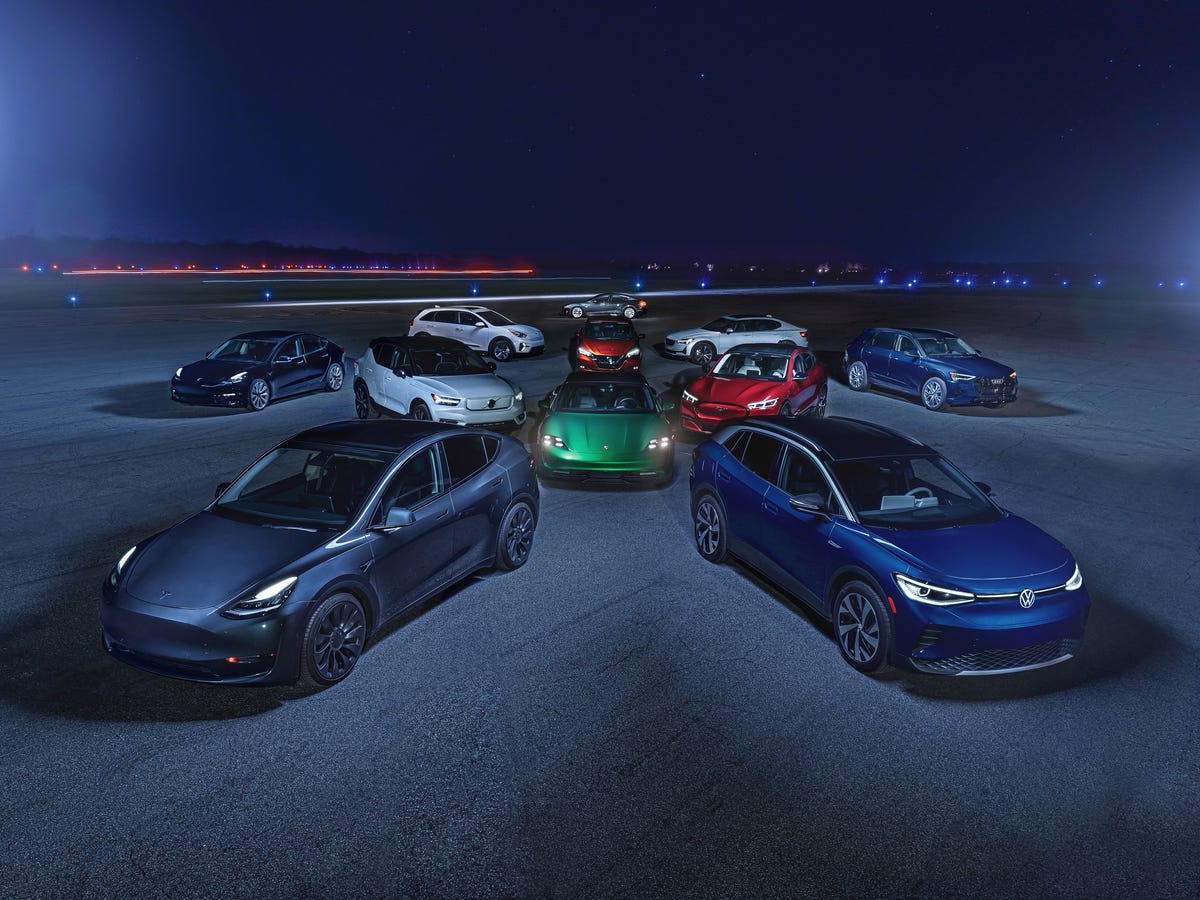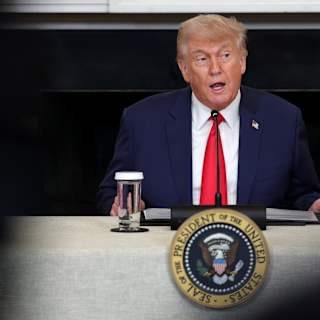- Rush to Market Before Deadline
- Industry Warns of Job Losses
- Policy Reversal from Climate Goals
The U.S. House of Representatives passed legislation Wednesday that will eliminate federal tax credits for electric vehicles on September 30, marking the end of a cornerstone policy that has driven American EV adoption since 2022. The bill now awaits President Donald Trump's signature, who has set a July 4 deadline for its passage.
The "One Big Beautiful Bill Act" terminates the $7,500 tax credit for new electric vehicles, along with the $4,000 credit for used EVs and up to $40,000 for commercial clean vehicles. These incentives were originally scheduled to run through December 31, 2032, under the Biden administration's Inflation Reduction Act.

Car dealers and manufacturers are bracing for a potential buying surge as consumers race to secure credits before the September 30 cutoff. The National Automobile Dealers Association told Automotive News that dealers currently carry approximately 140,000 EVs on their lots and urged Congress to provide "a reasonable transition period"1.
Tesla, which sold around 151,000 units in the second quarter despite a 9% year-over-year decline, and General Motors, which posted its strongest EV quarter with 46,000 units sold, could see near-term sales boosts as buyers rush to claim the expiring credits2.
The elimination has sparked warnings from industry groups about America's competitive position in the global EV market. The Electrification Coalition stated that ending these incentives would "effectively wave the white flag of defeat, ceding control over the future of transportation to China"1.
According to The New York Times, Chinese companies like BYD, SAIC, and Geely produced 70% of electric cars sold globally in 2024, while U.S. automakers produced just 5%2. Calstart, a California-based nonprofit, warned the cuts "undermine American jobs and put American workers and manufacturers at a disadvantage"1.
The legislation represents a sharp reversal from federal climate policy that positioned EVs as central to reducing transportation emissions, which account for 29% of national greenhouse gas output1. While 25% of cars sold globally this year could be electric, EVs remain below 7% of the U.S. market2.
The Senate version accelerated the timeline from earlier proposals, which would have ended new EV credits 180 days after enactment and used EV credits after 90 days3. The House version had extended the $7,500 credit through 20253.
Auto executives remain "nearly unanimous that, even in the United States, electric and hybrid vehicles will eventually displace gasoline-powered vehicles," according to The New York Times2.



